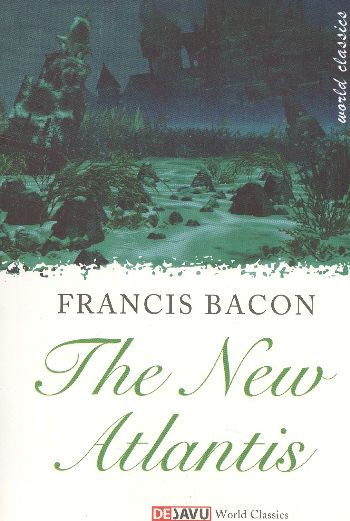Francis Bacon was born in York House London on January 22 1561. His Father Sir Nicholas Bacon was the Lord Keeper of the Great Seal under Queen Elizabeth I. Bacon studied at Trinity College Cambridge from 1573 to 1575. The younger of two sons Bacon was eighteen when his father died in 1576 leaving him impoverished.This was the year Bacon gained entrance as a senior governor at a legal education institution one of the four Inns of Court. He also traveled to France as a part of the English ambassador’s süite but was forced to return to England upon the news of his father’s’sudden death. He became a resident at Gray’s Inn one of the Inns of Court and in 1582 was entitled a barrister. Although his career was successful he had other political and philosophical ambitions. He entered politics but he experienced a tough setback due to his objections to increased expenses of the war against Spain a position that displeased Queen Elizabeth.in 1591 Bacon befriended the earl of Essex to whom Bacon offered the friendly advice. Essex in turn recommended Bacon for several high offıces without however attaining any position. The relationship ended tragically in a failure of an expedition by Essex and his later attempted coup d’etat which cost the head of Bacon’s protector Essex in 1604.The following year he married Alice Barnham the daughter of a London alderman. in 1621 he was made Viscount St. Albans. The appointment was not to last long for in the same year he was charged with accepting bribes tried and found guilty. His offıces were taken from him and he was sentenced a fine of L40 000 imprisonment during the king’s pleasure expatriation from parliament and exiled from coming vvithin twelve miles of the court. Feeling utter disgrace he went into retirement and devoted the remainder of his life to study and literary work. The parliamentary sentence hovvever was not imposed and King James I practically remitted his fine.in March 1626 Bacon attempted a scientifıc experiment he bought a chicken in order to see how long its flesh could be preserved by stuffıng it with snow. He caught cold and went to stay at the Earl of Arundel’s house nearby. Bacon preferred the nobleman’s best room where there was a damp bed to a more modest room in which there was a dry bed. On April 9 1626 due to complications arising from bronchitis Francis Bacon died at Highgate in the Earl of Arundel’s house.


